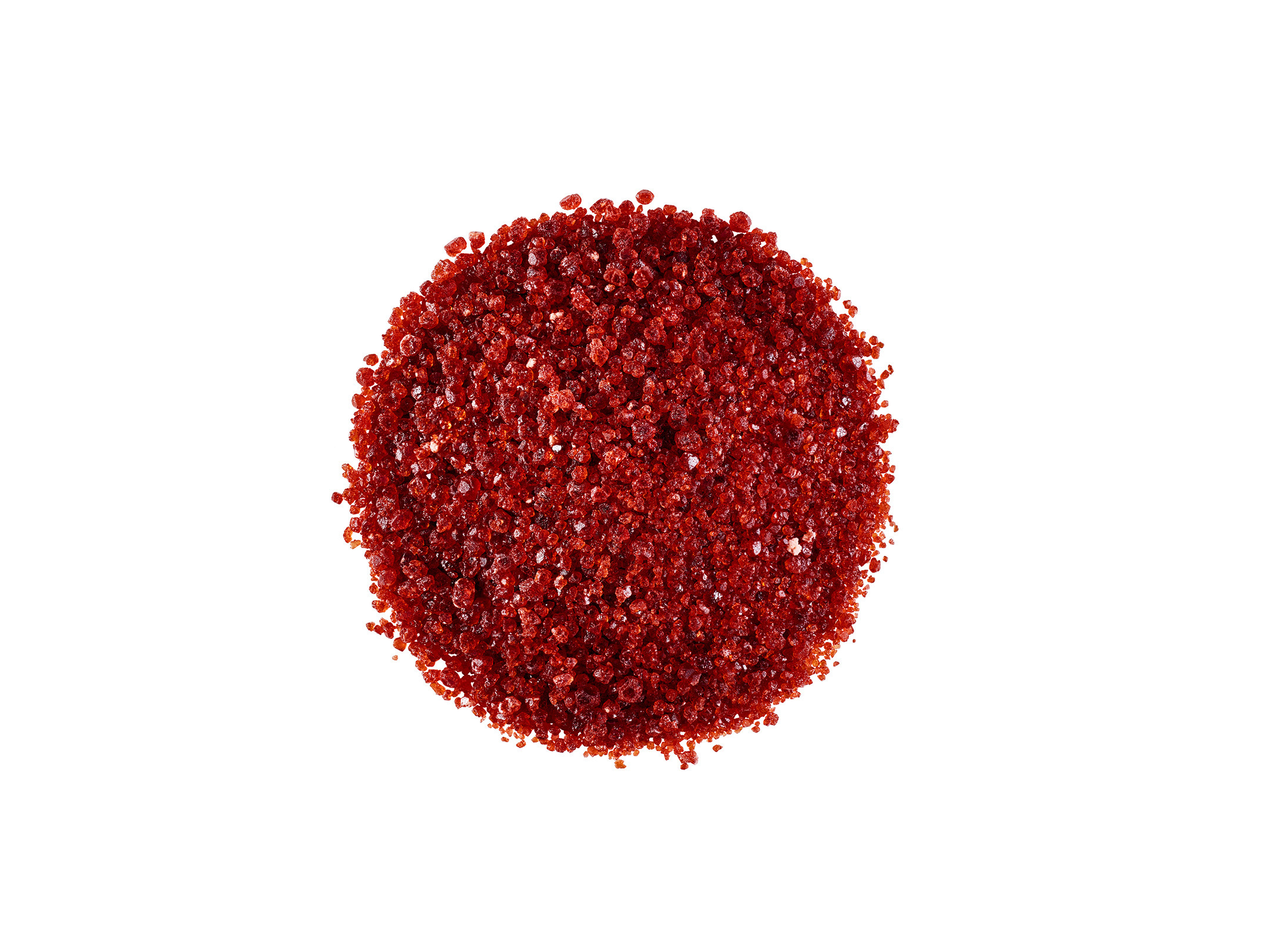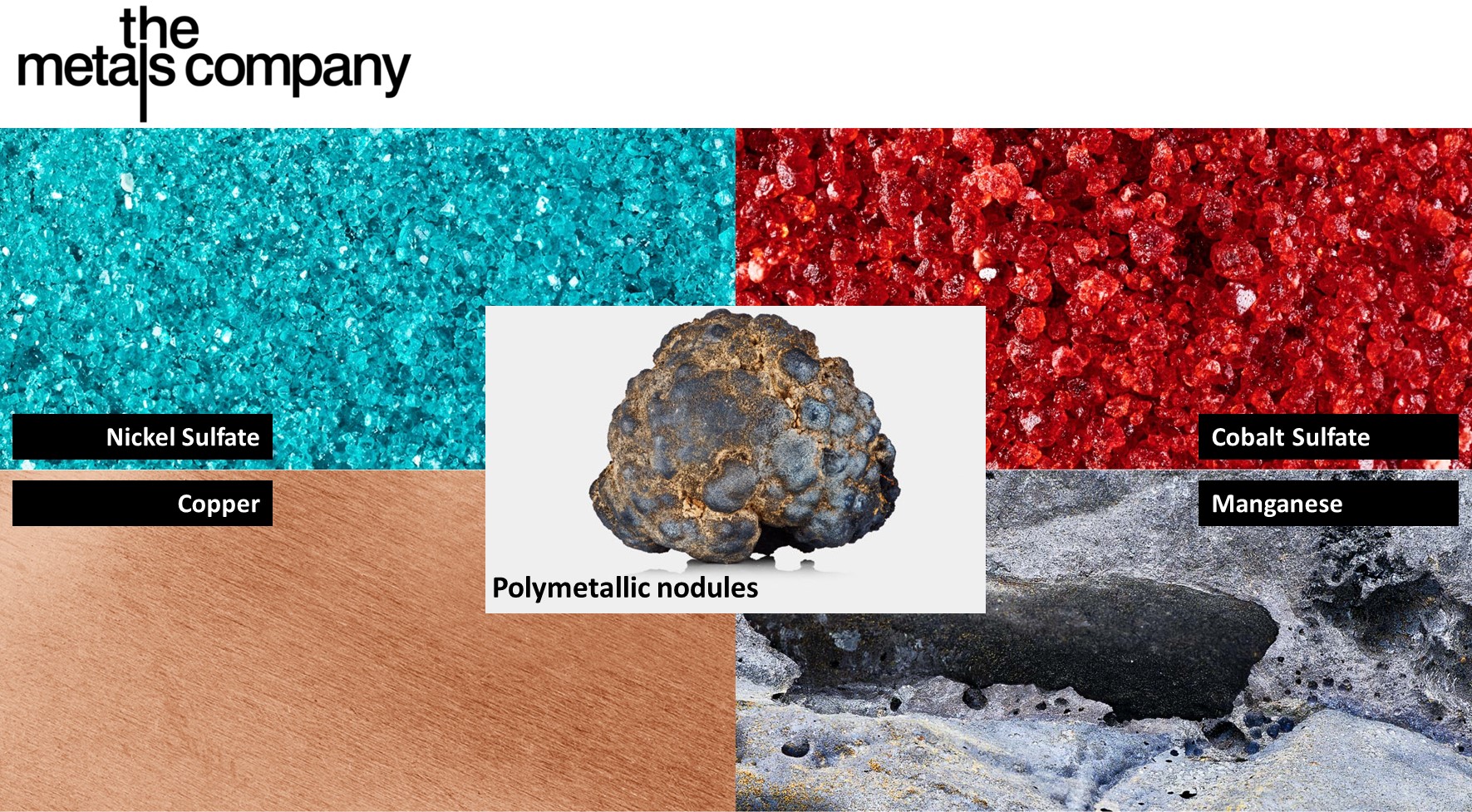Dr. Jeffrey Donald, TMC Head of Onshore Development, said, "This achievement further demonstrates the potential for deep-seafloor polymetallic nodules as a valuable resource. Following the success of our first nickel sulfate production in April, the production of the world's first cobalt sulfate from deep-seafloor nodules is another important milestone for TMC and for creating a responsible supply of metals required for human flourishing. SGS continues to execute at a high level, and this milestone demonstrates the viability of our process and our dedication to near-zero solid waste nodule processing."
Carlos Cordoba, Vice President of Natural Resources at SGS North America, commented: "SGS is pleased to support TMC in achieving another milestone towards the commercialization of polymetallic nodules suitable for the battery chemicals market. Our technical expertise in extractive metallurgy is driving innovation in the mining industry, and we look forward to continuing to set the benchmark as a trusted service provider at every stage of the mining project lifecycle."
The success of TMC and SGS in deriving cobalt sulfate from deep-seafloor polymetallic nodules is a key milestone in advancing TMC's mission to supply metals for the global energy transition with the least possible negative impacts on the planet and people.
In April, TMC and SGS produced the world's first nickel sulfate derived exclusively from deep-seafloor polymetallic nodules. TMC's NORI and TOML projects are ranked as the world's #1 and #2 largest undeveloped nickel projects, containing in situ quantities of nickel, cobalt, copper, and manganese sufficient to meet the needs of 280 million electric vehicles – roughly the size of the entire U.S. light vehicle fleet. With analysts warning that the quantities of critical battery metals like nickel and cobalt available from domestic or allied partners will be insufficient to meet U.S. demand from the energy transition, there is increased interest in and prioritization of marine minerals to support energy and national security.
In May, Congress allocated $2 million to the Defense Department's Industrial Base Policy Office to study the feasibility of domestic nodule refining capacity. In March, members of the House of Representatives introduced draft legislation calling for the U.S. to "provide financial, diplomatic, or other forms of support for seafloor nodule collection, processing, and refining." In November 2023, TMC signed a Memorandum of Understanding with Pacific Metals Corporation (PAMCO) to complete a feasibility study to process 1.3 million tonnes of wet polymetallic nodules (PMN) per year into high-grade nickel-copper-cobalt alloy/matte and manganese silicate, which are feedstock for the production of lithium-ion batteries, electrical infrastructure, and steel.
TMC is an explorer of lower-impact battery metals from deep-seafloor polymetallic nodules, on a dual mission: (1) to supply metals for the global energy transition with the least possible negative impacts on the planet and people, and (2) to trace, recover, and recycle the metals it supplies to help create a metals commons that can be used in perpetuity. The company, through its subsidiaries, holds exploration and commercial rights to three polymetallic nodule contract areas in the Clarion Clipperton Zone of the Pacific Ocean regulated by the International Seabed Authority and sponsored by the governments of Nauru, Kiribati, and the Kingdom of Tonga.
SGS Canada is a leading inspection, verification, testing, and certification company with over 99,600 employees and a network of over 2,600 offices and laboratories around the world.



 Based on samples of nickel-cobalt-copper matte first produced by TMC in 2021, the Extractive Metallurgy team at SGS tested TMC's efficient flowsheet to process high-grade nickel-copper-cobalt matte directly into high-purity cobalt sulfate without making cobalt metal, while producing fertilizer byproducts instead of solid waste or tailings. This milestone follows last month's successful production of nickel sulfate, a key raw material input used in the production of energy-dense electric vehicle batteries.
Based on samples of nickel-cobalt-copper matte first produced by TMC in 2021, the Extractive Metallurgy team at SGS tested TMC's efficient flowsheet to process high-grade nickel-copper-cobalt matte directly into high-purity cobalt sulfate without making cobalt metal, while producing fertilizer byproducts instead of solid waste or tailings. This milestone follows last month's successful production of nickel sulfate, a key raw material input used in the production of energy-dense electric vehicle batteries.



